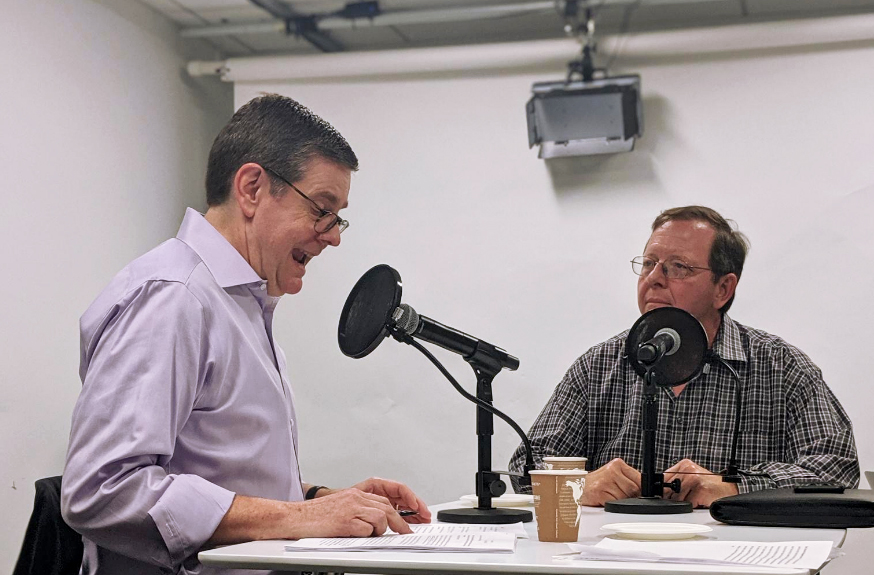
Deep Dish Podcast
Browse all episodes of our podcast, Deep Dish, where Council Vice President of Studies Brian T. Hanson sits down with guests to go beyond the headlines on critical global issues.
Fully-matching results
-
CultureREUTERS
How to Be a Global Optimist in 2023 | Chicago Council on Global Affairs
As a year of conflict and crises draws to a close, how can we absorb the news without losing hope in 2023 and beyond?
-
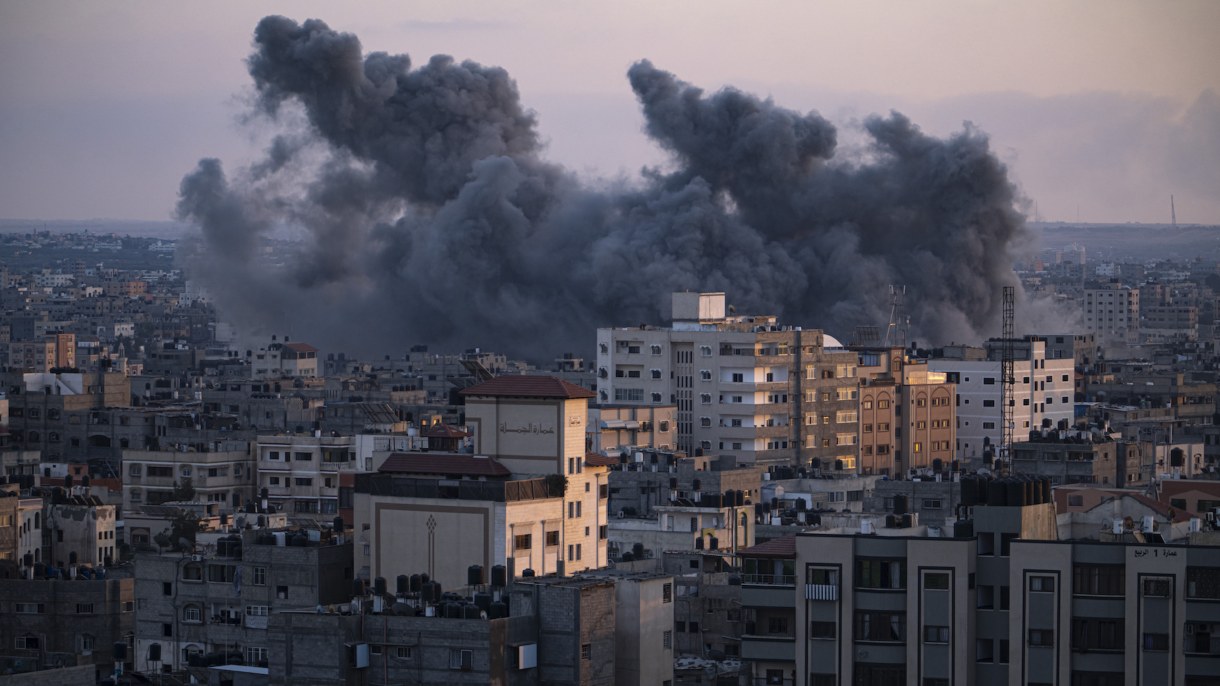 Defense and SecurityAP PHOTOS
Defense and SecurityAP PHOTOSGaza: Epicenter of the Israel-Hamas War | Chicago Council on Global Affairs
Explore the complex history of the Gaza Strip, the rise of Hamas, and the implications for the current conflict.
-
Global PoliticsREUTERS
Fiona Hill on How Putin Thinks | Chicago Council on Global Affairs
How is legacy motivating Putin with Russia's war on Ukraine? Former National Security Council official Fiona Hill joins Deep Dish to discuss.
-
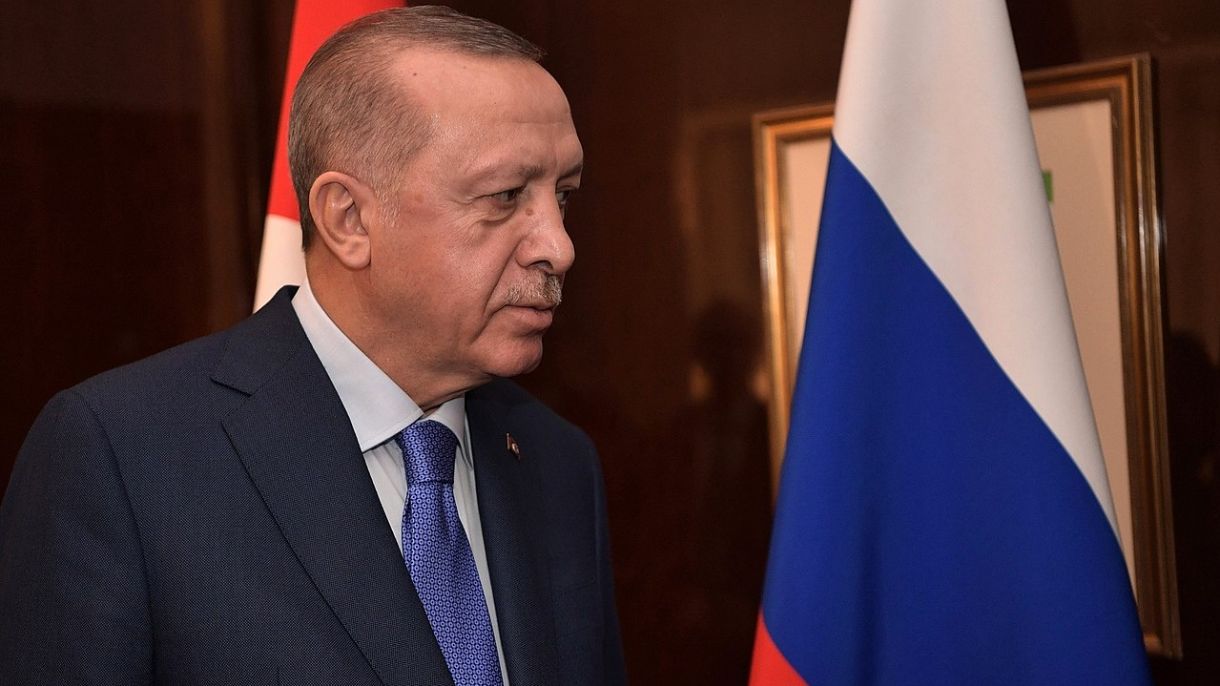 Defense and SecurityRussian Presidential Office
Defense and SecurityRussian Presidential OfficeWill Erdogan or NATO Survive Longer in Turkey? | Chicago Council on Global Affairs
Steven A. Cook and Mustafa Akyol join the Chicago Council on Global Affairs’ Deep Dish podcast to explain crucial developments in Turkey.
-
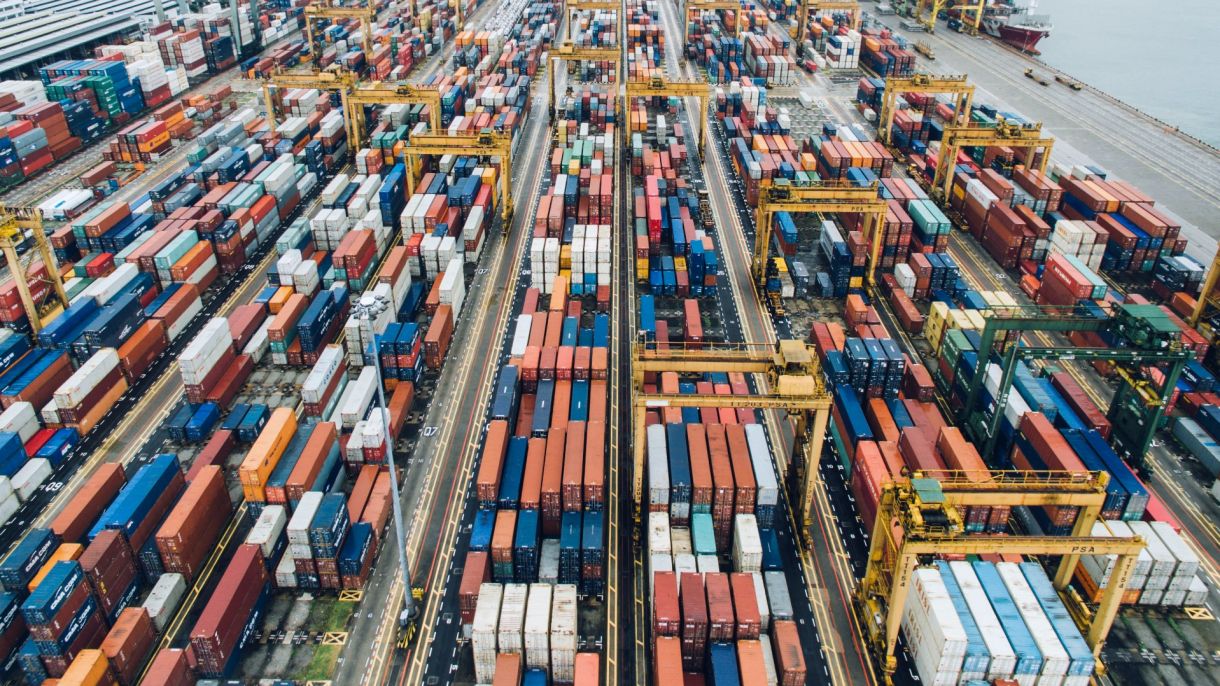 Global Politics
Global Politics
Globalization's Double-Edged Sword | Chicago Council on Global Affairs
While our world is more connected than ever, it's also more competitive and prone to conflict. Guest Mark Leonard explains why stronger links launched the "age of unpeace."
-
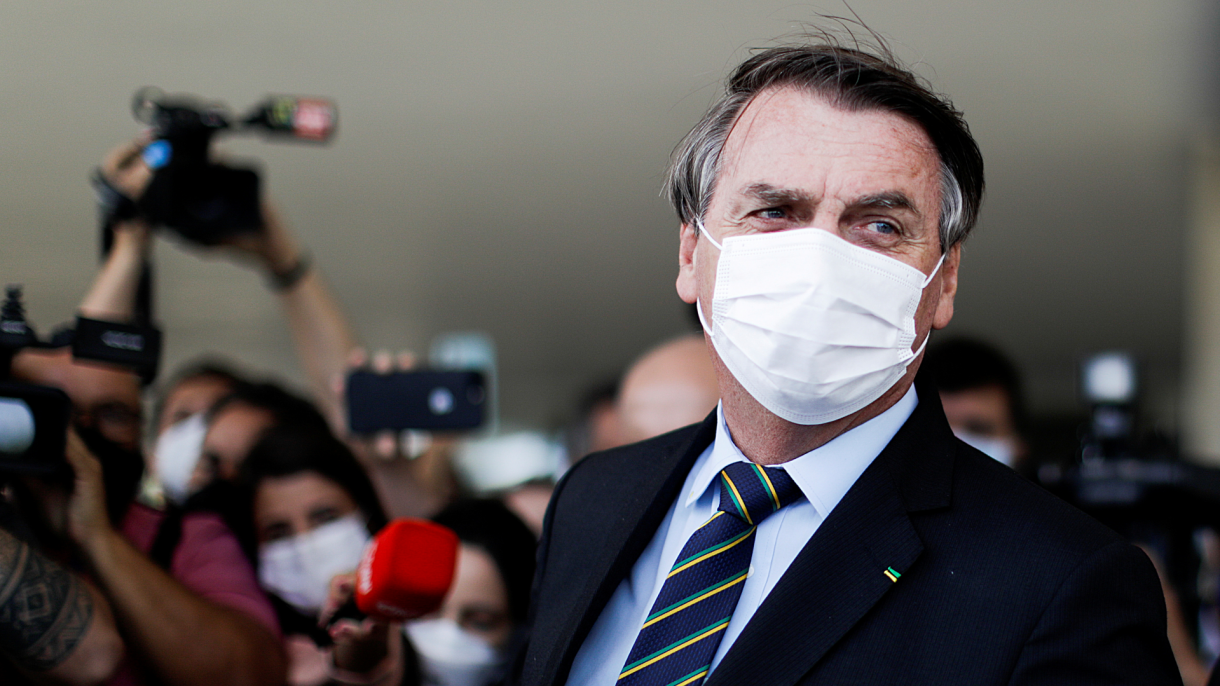 Global PoliticsREUTERS
Global PoliticsREUTERSBolsonaro's Battle for Power | Chicago Council on Global Affairs
For Brazil’s President Bolsonaro, a consequence of mishandling COVID-19 could be losing the 2022 presidential election.
-
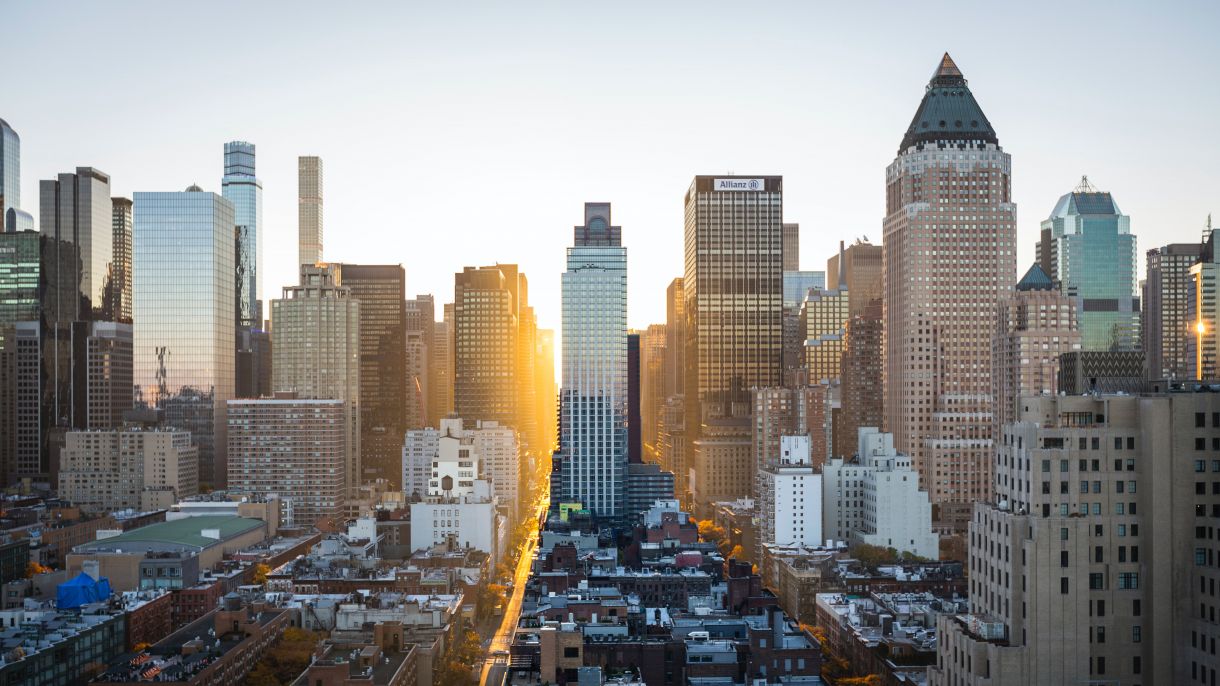 Global Cities
Global Cities
City Diplomacy on the Rise | Chicago Council on Global Affairs
Brian Hanson talks with Penny Abeywardena and Henri-Paul Normandin about cities' diplomatic agendas.
-
 Reuters
ReutersMichael McGrath on the Legacy of the Good Friday Agreement | Chicago Council on Global Affairs
Irish Finance Minister Michael McGrath discusses how the Good Friday Agreement built peace in Northern Ireland, and how it continues to keep peace to this day. -
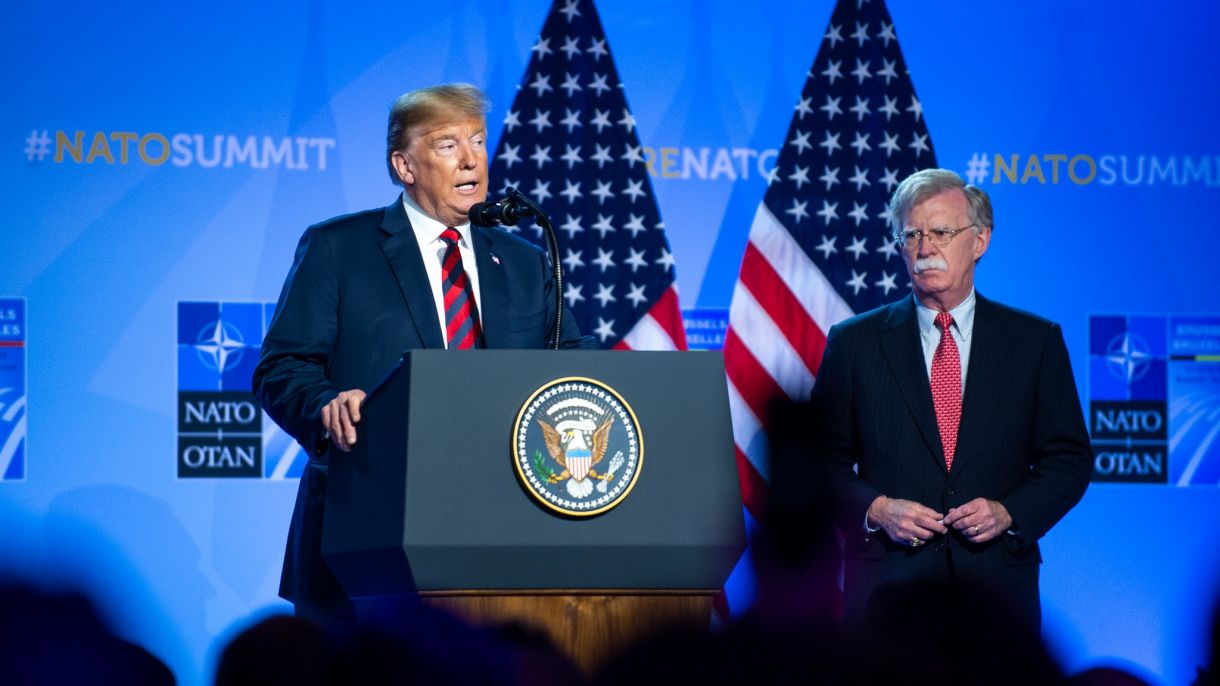 Defense and SecurityNATO
Defense and SecurityNATODoes President Trump Want a War with Iran? | Chicago Council on Global Affairs
Michael Singh and Ariane Tabatabai join the Chicago Council on Global Affairs’ Deep Dish podcast to explain what's going on between the US and Iran.
-
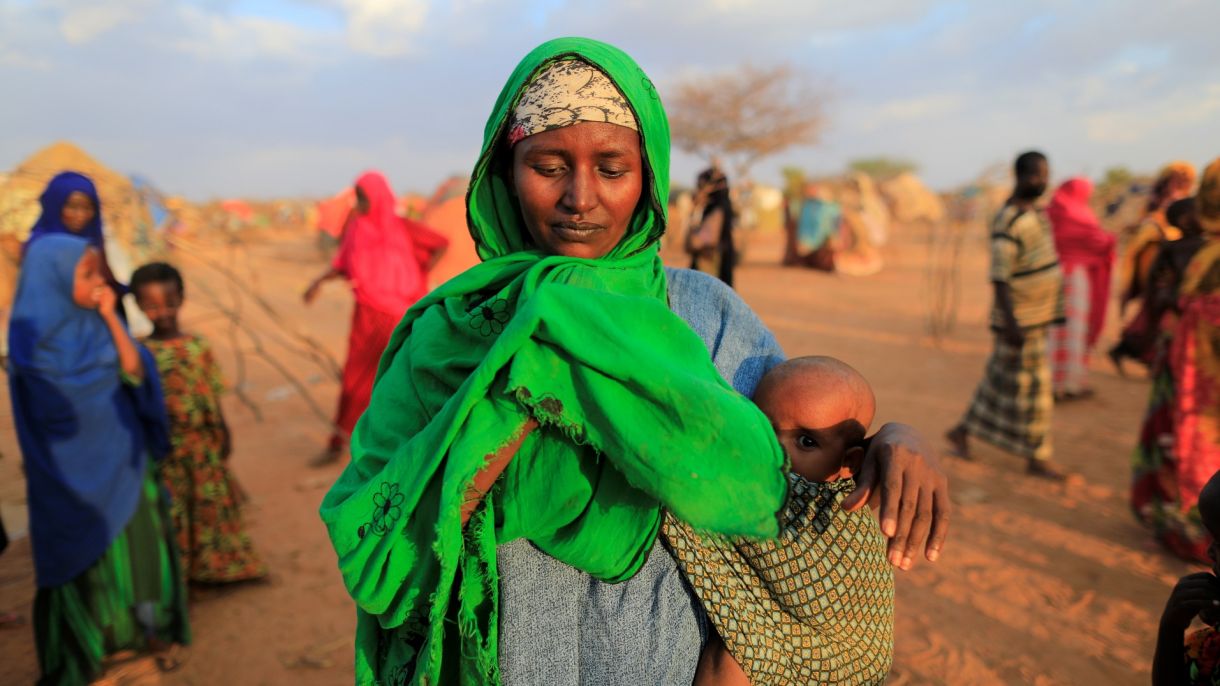 Global PoliticsREUTERS
Global PoliticsREUTERSA New Approach to Building Peace | Chicago Council on Global Affairs
Although COVID-19 brought many aspects of our world to a standstill over the last year, violent conflict was not one of them. What can we do to end the cycle?